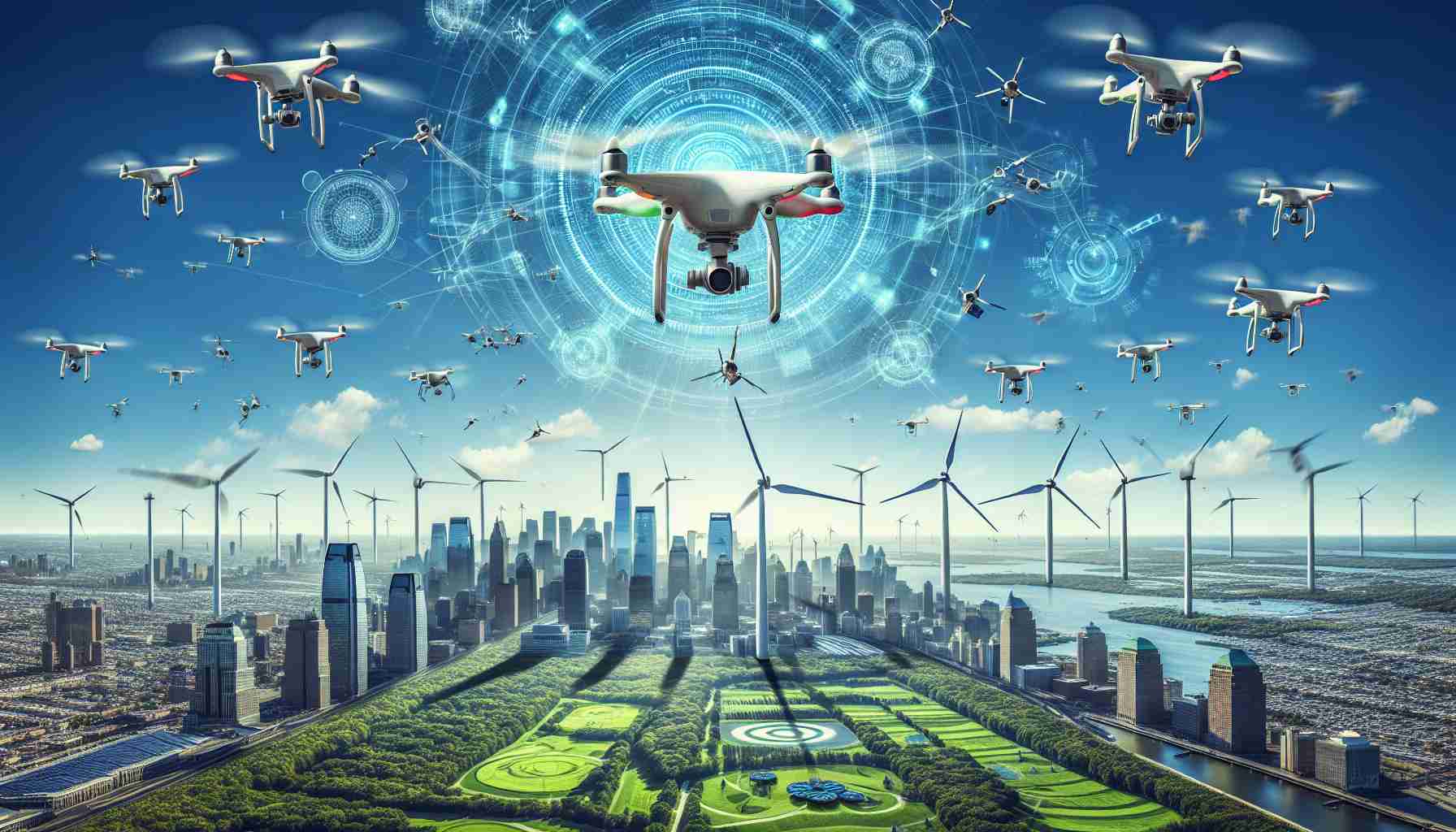In a groundbreaking move, Glasgow has taken a significant step towards becoming a smart city by introducing autonomous security patrols. This innovative initiative is deploying AI-powered robots throughout the city center to enhance public safety.
The robotics project is part of Glasgow City Council’s vision to integrate cutting-edge technology into urban life. The robots, equipped with advanced surveillance cameras and sensors, can monitor crowded areas, detect unusual activity, and alert authorities in real-time. The autonomous machines are guided by sophisticated algorithms that allow them to navigate busy streets and adapt to various situations, ensuring minimal disruption to daily routines.
Public reception has been mixed, with some citizens expressing concerns about privacy and reliance on technology. However, local authorities assure that stringent data protection measures are in place, and the primary goal is to augment human oversight, not replace it. Community engagement sessions are being held to familiarize residents with the technology and gather feedback.
Looking to the future, the council envisions expanding the use of robotics beyond security. The potential applications of AI in waste management, traffic control, and environmental monitoring present exciting possibilities for improving urban living conditions. Research partnerships with local universities are fostering innovation, aiming to position Glasgow as a leader in smart city solutions.
As Glasgow continues to embrace futuristic technologies, this initiative represents a pivotal moment in redefining urban safety, highlighting the growing synergy between technological advancement and community welfare.
Revolutionizing Urban Safety: Glasgow’s Autonomous Security Initiative
Glasgow’s leap into the realm of smart city innovations marks a transformative approach to urban safety, integrating AI-driven solutions with urban management. The introduction of autonomous security patrols in the city center has sparked a broad conversation around the future of urban living influenced by cutting-edge technology.
Features and Specifications
Glasgow’s autonomous security robots are equipped with state-of-the-art surveillance systems and sensors, capable of detecting unusual activities dynamically. Their advanced algorithms enable seamless navigation through crowded city streets, adjusting their behaviour in real-time to ensure public safety without disrupting daily life. Key features of these robots include:
– Advanced Surveillance Cameras: High-resolution imaging for clear visibility in various conditions.
– Sophisticated Sensors: Real-time data collection to monitor environmental changes and detect anomalies.
– Adaptive Algorithms: Machine learning capabilities that allow robots to adjust their patrol routes based on current environmental data and past experiences.
Use Cases and Prospects
Beyond security, the versatility of these autonomous machines presents numerous potential applications. The city council envisions their integration into diverse urban functions:
– Waste Management: AI-driven robots could optimize waste collection routes, reducing operational costs and environmental impact.
– Traffic Control: Real-time monitoring could lead to more efficient traffic flow and congestion management.
– Environmental Monitoring: Sensors integrated into the robots could track air quality and noise pollution, providing valuable data to improve urban living standards.
Security and Privacy Controversies
The deployment of surveillance robots has sparked debates focusing on privacy concerns. While some residents are apprehensive about increased surveillance, authorities have implemented measures to safeguard data protection. These include:
– Strict Data Management Protocols: Ensures collected data is handled securely and used ethically, with clear guidelines on access and usage.
– Community Engagement: Ongoing sessions to educate the public and collect feedback, ensuring transparency and trust in technology use.
Market Analysis and Trends
Glasgow’s initiative aligns with a global trend towards smart cities that leverage AI and IoT technologies. Such projects are projected to grow significantly, with increased investments in urban tech solutions aiming at sustainability and efficiency. The collaboration with local universities is essential for continuing innovation, positioning Glasgow at the forefront of this technological evolution.
Innovation and Future Predictions
As we forecast the future, Glasgow’s initiative is viewed as a pioneering model that other cities could emulate. The success of these autonomous systems could lead to:
– Wider Adoption: More cities could implement similar technologies to enhance security and efficiency.
– Tech Advancements: Ongoing innovations might lead to more efficient, cost-effective solutions.
– Sustainability Focus: These initiatives may drive further efforts in sustainable urban development.
While the promising benefits of such smart city projects are clear, successful implementation hinges on balancing innovation with public trust, ensuring that technology enhances rather than dominates urban life. For more insights into the future of smart cities, visit Smart Cities World.


















